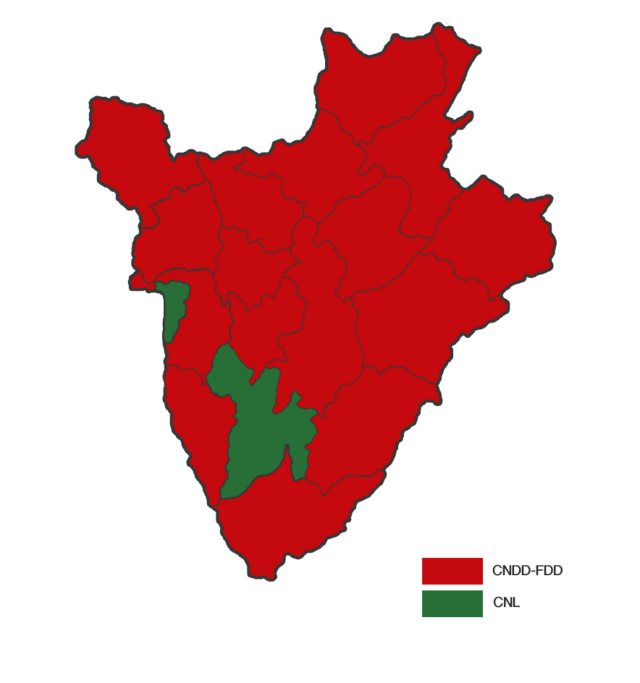In the hills of East Africa, where mist lingers over terraced fields at dawn, Burundi is quietly reshaping its political and social landscape. The country, long marked by the scars of ethnic conflict and political unrest, is navigating a delicate transition that many observers view as a cautious step toward stability.
The shadow of the 2015 political crisis still hangs over the nation. That year, a disputed presidential term sparked waves of violence, drew sharp rebukes from the international community, and prompted tens of thousands to flee across borders. Allegations of human rights abuses, coupled with deteriorating governance, fractured public trust and strained the fabric of everyday life.
Yet recent years have brought signs of change. The 2020 presidential election, which ushered Évariste Ndayishimiye into office, marked a notable shift in tone and policy. His administration has emphasized reconciliation and dialogue, inviting opposition figures back into the political fold after years of exclusion. Diplomats and regional analysts note that such overtures, while tentative, have opened space for political participation that had been largely absent in the previous decade.
Institutional rebuilding has become a central focus. Efforts to strengthen democratic frameworks include fostering transparency in government initiatives and holding structured dialogues with civil society organizations. Analysts argue that these steps are essential for restoring credibility to public institutions and laying the groundwork for a more participatory political culture.
At the community level, grassroots movements have gained momentum. Local organizations, often operating with limited resources, are advocating for improved education, healthcare, and human rights protections. Many of these initiatives also work to bridge ethnic divides—an enduring challenge in Burundi’s modern history. Their growth underscores the role of citizen-led action in shaping the nation’s trajectory.
Social policy has not been sidelined. Recent government programs have incorporated gender equality measures and youth empowerment strategies, recognizing the need to broaden opportunities across demographic lines. While economic challenges remain, there is a growing acknowledgment among policymakers that sustained peace depends as much on social cohesion as on political stability.
The road ahead is far from certain. Deep structural issues persist, from poverty and unemployment to the lingering distrust between communities. But in the measured optimism of Burundi’s recent developments lies a reminder that political transformation, though slow and uneven, can emerge from years of hardship. The nation’s future, shaped by both government action and grassroots resilience, is still in the making.
Sources:
- Human Rights Watch. Burundi: Events of 2023. Human Rights Watch, 2024.
- International Crisis Group. Reforming Burundi’s Political System. Brussels: ICG, 2022.
- United Nations High Commissioner for Refugees. Burundi Situation: Regional Overview. UNHCR, 2023.
- BBC News. “Burundi Profile – Timeline.” BBC News, updated May 2024.

